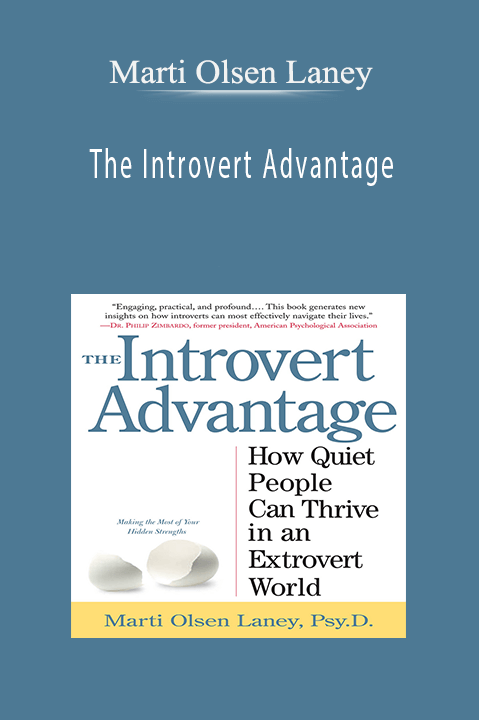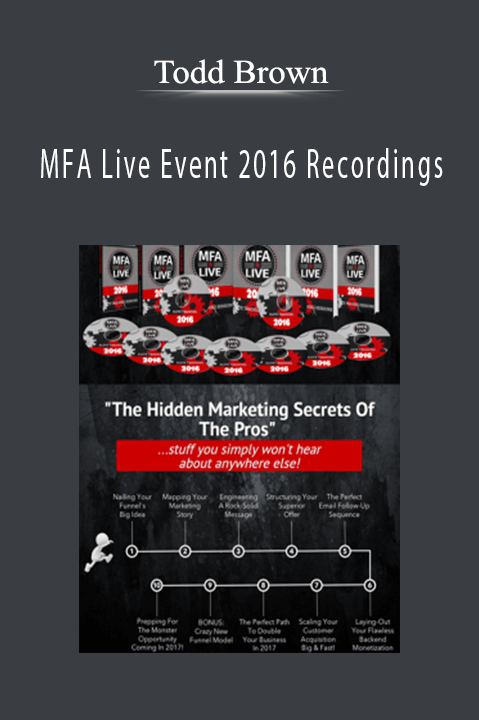Marti Olsen Laney – The Introvert Advantage
REVIEW
“Filled with Aha! moments of recognition, Dr. Laney’s book will help millions of introverts . . .” — Paul D. Tieger, co-author of Do What You Are
“Its clear, step-by-step advice will help introverts recognize and capitalize on their unique strengths.” — Dr. Bernardo J. Carducci, author of Shyness: A Bold New Approach
ABOUT THE AUTHOR
EXCERPT. © REPRINTED BY PERMISSION. ALL RIGHTS RESERVED.
Self-Assessment for IntrovertsTake the test for introversion on a day when you are feeling relaxed and not stressed out. Pick a cozy nook where you won’t be interrupted. Consider each statement in terms of what is generally true or false for you, not how you wish you were or how you are some of the time. Don’t analyze or think too deeply about each statement. Your first impression is usually the best. For an outside view of yourself, it can be enlightening to have a partner or friend answer for you. Compare your results with your friend’s score. If the two tallies differ, talk about both of your views.Answer the following questions T or F, then add up your True answers and check the scoring at the end of the list to see if you’re an introvert, fall in the middle of the continuum, or are an extrovert.— When I need to rest, I prefer to spend time along or with one or two close people rather than with a group.
— When I work on projects, I like to have larger uninterrupted time periods rather than smaller chunks.
— I sometimes rehearse things before speaking, occasionally writing notes for myself.
— In general, I like to listen more than I like to talk.
— People sometimes think I’m quiet, mysterious, aloof, or calm.
— I like to share special occasion with just one person or a few close friends, rather than have big celebrations.
— I usually need to think before I respond or speak.
— I tend to notice details many people don’t see.
— If two people have just had a fight, I feel the tension in the air.
— If I say I will do something, I almost always do it.
— I feel anxious if I have a deadline or pressure to finish a project.
— I can “zone out” if too much is going on.
— I like to watch an activity for a while before I decide to join it.
— I form lasting relationships.
— I don’t like to interrupt others; I don’t like to be interrupted.
— When I take in lots of information, it takes me a while to sort it out.
— I don’t like overstimulating environments. I can’t imagine why folks want to go to horror movies or go on roller coasters.
— I sometimes have strong reactions to smells, tastes, foods, weather, noises, etc.
— I am creative and/or imaginative.
— I feel drained after social situations, even when I enjoy myself.
— I prefer to be introduced rather than to introduce others.
— I can become grouchy if I’m around people or activities too long.
— I often feel uncomfortable in new surroundings.
— I like people to come to my home, but I don’t like them to stay too long.
— I often dread returning phone calls.
— I find my mind sometimes goes blank when I meet people or when I am asked to speak unexpectedly.
— I talk slowly or have gaps in my words, especially if I am tired or if I am trying to speak and think at once.
— I don’t think of casual acquaintances as friends.
— I feel as if I can’t show other people my work or ideas until they are fully formulated.
— Other people may surprise me by thinking I am smarter than I think I am.
Add up the number of Trues. Then read the following to see where you fall.
20-29 True: Pretty darn introverted. As a result, it is extremely important for you to understand how to keep your energy flowing and how our brain processes information. You relate to life through your ideas, impressions, hopes and values. You are not at the mercy of your external environment. This book can help you use your inner knowledge and create your own path.
10-19 True: Somewhere in the middle. Like being ambidextrous, you are both introverted and extroverted. You may feel torn between needing to be alone and wanting to be out and about. So it’s very helpful to notice when and how you consistently feel more energized. You judge yourself by your own thoughts and feelings and by the standards of other people. This gives you a broad view, but at times you may get caught up in seeing both sides of a situation and not know where you stand. It is important to learn to assess your temperament so you can maintain your energy and balance.
1-9 True: You are more extroverted. You judge yourself in the light of the values and reality of others. You work within the bounds of what exists to bring about change. As you reach midlife and your body slows down, you may surprise yourself by wanting to take a break from socializing or needing time to yourself and then not knowing what to do. You can develop techniques to help yourself remember what is best for you to do when you need solitude. To do this you will have to balance your extroverting skills by learning more introverting skills.
Get Download Marti Olsen Laney – The Introvert Advantage at Offimc.click Now!
Delivery Information
- Upon ordering the product, a delivery email with download instructions will be sent immediately to you so that you may download your files. If you log in (or create an account) prior to purchase you will also be able to access your downloads from your account dashboard.
- It is a digital download, so please download the order items and save them to your hard drive. In case the link is broken for any reason, please contact us and we will resend the new download link to you.
- If you don't receive the download link, please don’t worry about that. We will update and notify you as soon as possible from 8:00 AM – 8:00 PM (UTC+8).
- Please Contact Us if there are any further questions or concerns you may have. We are always happy to assist!








8 reviews for The Introvert Advantage – Marti Olsen Laney
There are no reviews yet.